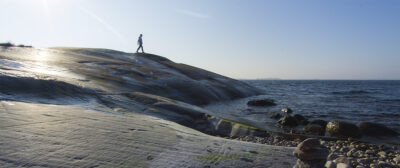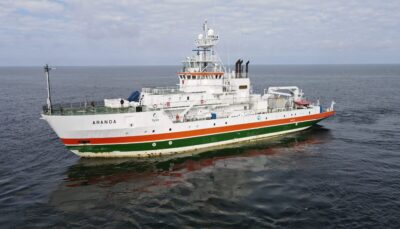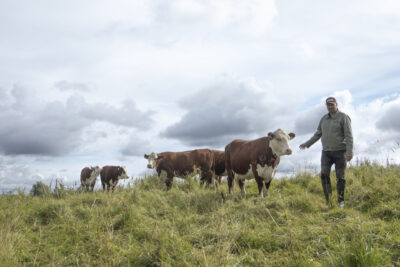Manure nutrient recycling is essential for the wellbeing of waterways and the emergency supply readiness of agriculture
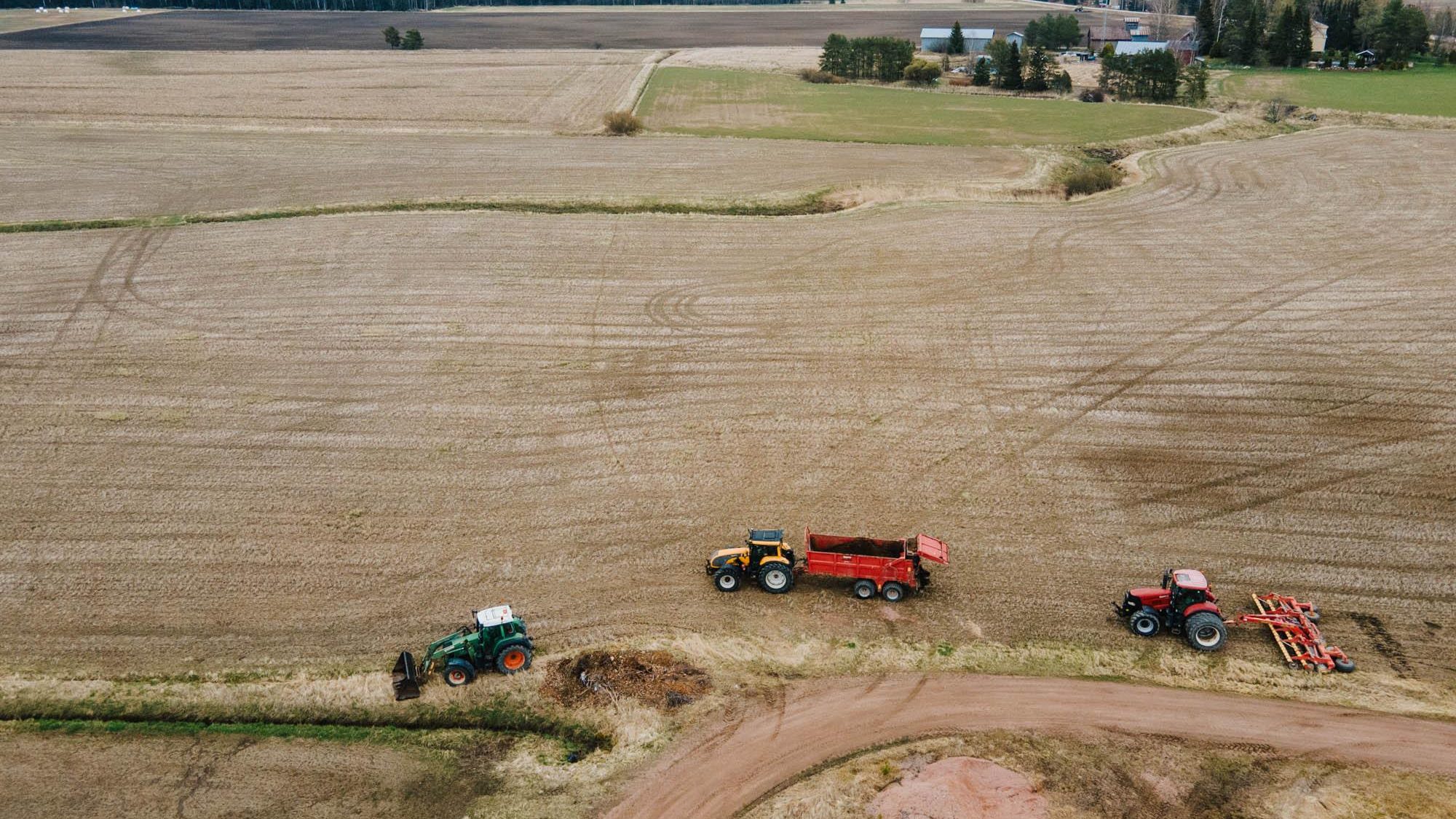
More information
The rising prices of mineral fertilizers and the recent concerns over the security of food supply have increased the need to recycle nutrients that originate in agriculture. Through nutrient recycling, we can improve the self-sufficiency of domestic food production, and protect waterways from eutrophication. The current agricultural subsidy system, however, does not promote recycling. The John Nurminen Foundation’s Manure Recycling project presents a set of solutions for this problem.
Approximately two thirds of the phosphorus that causes eutrophication in the Baltic Sea and our inland waters originates in agriculture. The phosphorus load entering the Baltic Sea from cities and industries has been considerably reduced during the past 40 years, but discharge runoff from agriculture has hardly been curbed at all.
High loads from agriculture are maintained by the concentrations of livestock farms in South-West Finland, Satakunta, and Ostrobothnia. In these areas, a surplus of manure and nutrients is created, surpassing the needs of the crops that are farmed in the area. Excess nutrients enter waterways with runoff, and cause eutrophication.
“We are not talking about farmers using too much synthetic fertilizers in their fields out of ignorance. Fertilizers are costly, and in recent times, the prices have only been going up”, explains Marjukka Porvari, former Director of Marine Environment at the John Nurminen Foundation.
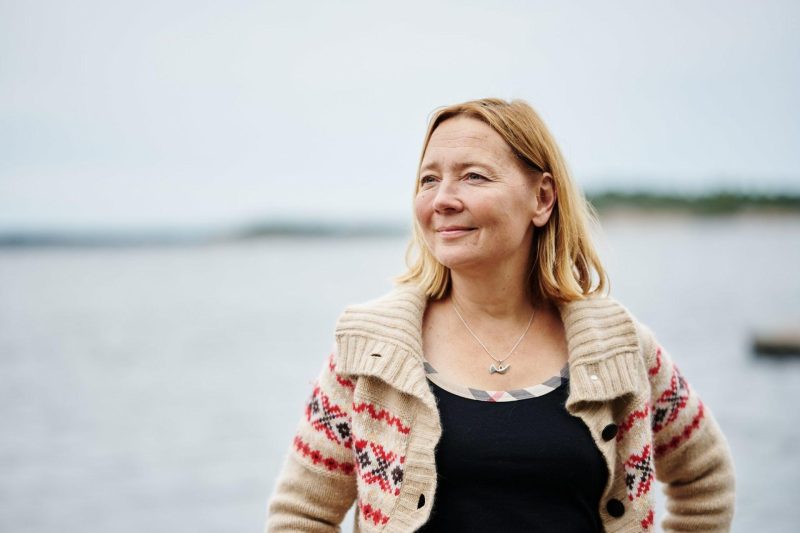
As the prices of synthetic fertilizers go up, and availability is increasingly scarce, organic manure fertilizers should be put more efficiently into use in areas where there is a surplus of nutrients. This would improve the finances of the farmers, emergency supply readiness, and the status of the waterways.
“Phosphorus is readily available in Finland, but being dependent on Russia and Belarus for nitrogen and potassium has now become a problem that affects all of Europe. Now, more than ever, all the nutrients from manure should be carefully utilized in as many hectares as possible, but the rapidly increasing cost of transportation has presented a major challenge”, says Olli Niskanen, Senior Scientist at the Natural Resources Institute Finland.
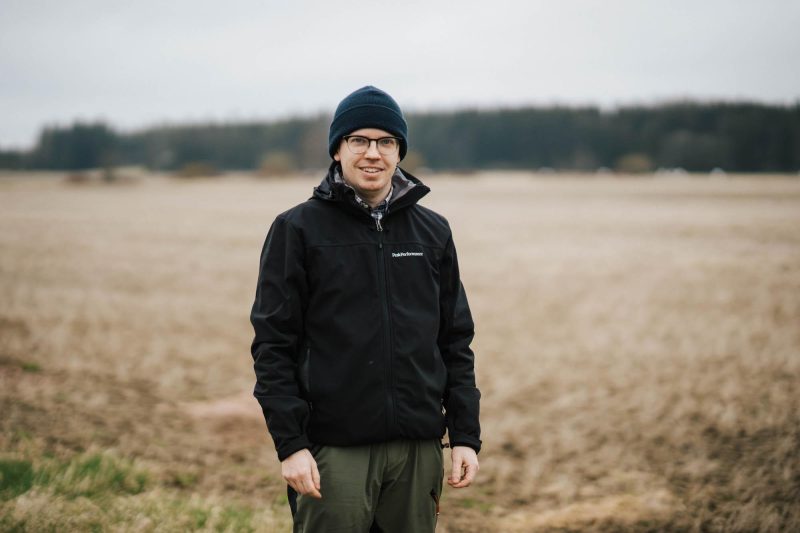
Current agricultural subsidy system does not promote manure fertilizer recycling
Recycling nutrients to crop farms further away is halted by the costs of processing and transportation. Through processing, the nutrient balance of the manure can be improved so that transportation further away becomes possible; the processing, however, takes up a lot of energy.
Based on the experiences from the John Nurminen Foundation’s Manure Recycling project, manure processing is the largest individual contributor to the total cost of manure recycling, which is why hardly any livestock farms process manure.
“The most important issue stopping nutrients from being recycled is the current agricultural subsidy policy. The “manure bomb” that causes eutrophication in the waterways could be dismantled with a fraction of the annual funding for agricultural environments and projects if the funding was redirected to solving the financial hindrances that are in the way of manure nutrient recycling”, says Porvari.
Finland’s proposal for a new agricultural subsidy system for the years 2023-2027 has been heavily criticized by the European Commission, which claims that the proposed initiatives are not enough to improve the status of the Baltic Sea. The Commission expects Finland to present clear goals and tangible actions that reduce nutrient runoff, and requests that Finland include measures that improve nutrient recycling and the use of organic nutrients in the programme.
“In Finland, the dialogue on agriculture often positions environmental protection as being opposed to the profitability of agriculture. The recycling of manure nutrients promotes both the good status of the Baltic Sea and Finland’s waterways, and the self-sufficiency and profitability of Finnish agriculture. The green transition cannot, however, be implemented, if it is not made available to the producers through their own subsidy system”, says Porvari.
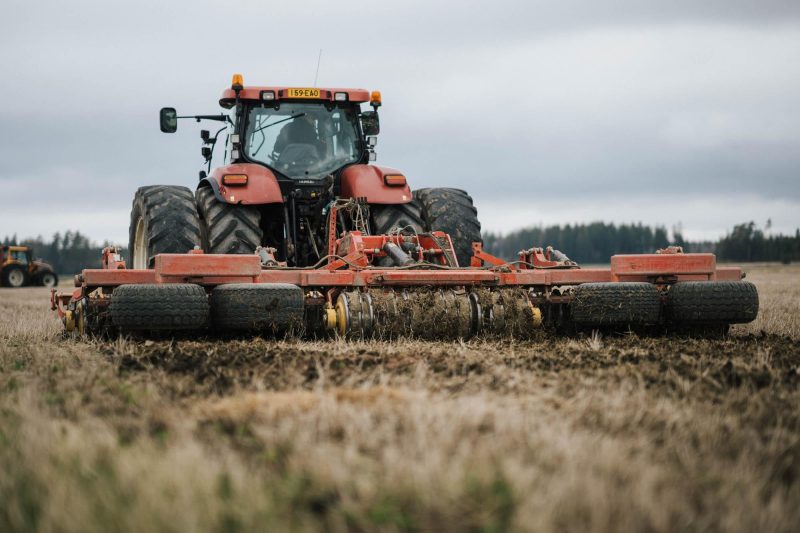
More livestock farms recruited for nutrient recycling pilot
The John Nurminen Foundation, which focuses on saving the Baltic Sea, develops nutrient recycling in cooperation with crop and livestock farmers. The Foundation’s Manure Recycling project has identified suitable pairs of livestock and crop farms as the originator and recipient of processed, phosphorus-rich dry manure.
The project’s concrete recycling measures seek to outline the costs and bottlenecks related to manure recycling. With this information, we develop practical solutions and societal steering mechanisms which enable us to utilize manure nutrients more efficiently in the future.
“The project has created opportunities for more environmentally friendly farming. Organic fertilizers also improve the growing condition of soils where mineral fertilizers have been used. Farmers need support in the transition to organic fertilizers, and it is great to see how this project supports that change”, says crop farmer and project participant Kari Mutkala.
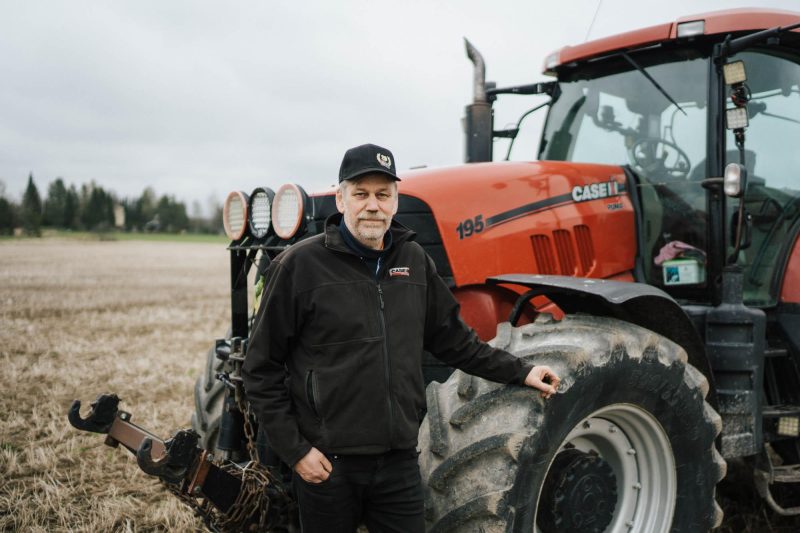
The project is currently looking for more pig and poultry farmers to join the Manure Recycling project on the southwest and western coasts of Finland. In this area, livestock farming creates more manure than can be utilized by the crop fields located nearby.
In practice, the farmers themselves will take care of manure transportation, spreading, and, if necessary, short-term storage. The John Nurminen Foundation provides dry manure processing and transportation cost support for the producers.
